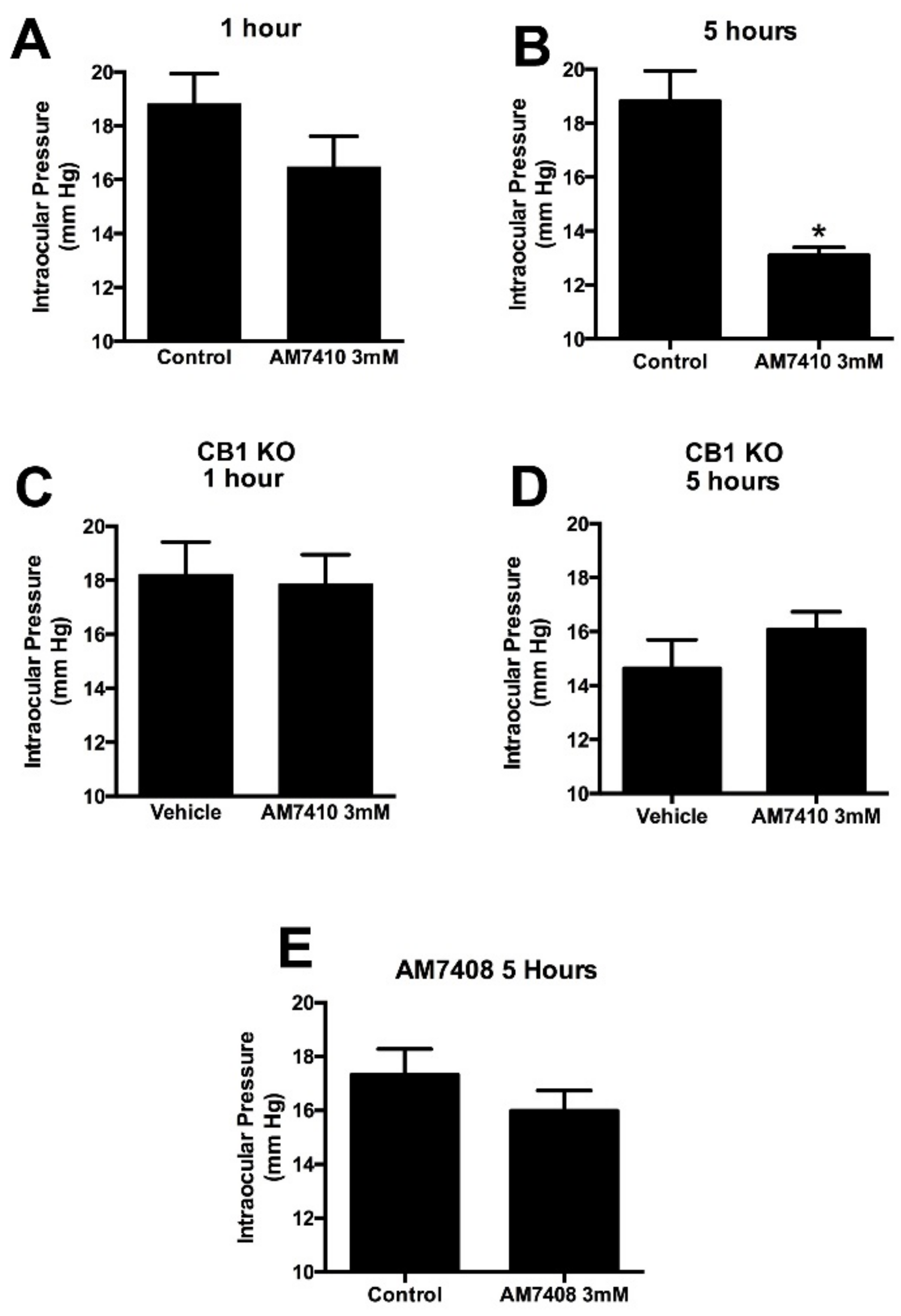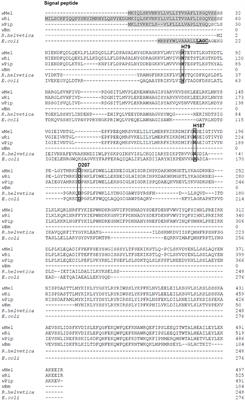


These methods and results collectively inform the relationship between personality and social psychologies and provide an early step towards an empirical understanding of the structure of the discipline. Attitudes and social cognition are broadly studied, but, in contrast with personality and interpersonal relations, are not structured around a simple core. Interpersonal relations and attachment are central in social/personality, and appear largely distinct from the study of groups. In a larger analysis of citations in the four primary journals in the combined social/personality area, personality appears as a large community which surrounds a well-defined core (the Five-Factor Model) but which lies on the periphery of social/personality psychology.

In a study of keywords, both attitudes and social cognition and group processes appear as communities the role of personality is more diffuse. The structure of social/personality psychology, including the relationship between the areas of “social” and “personality,” is empirically examined in a series of network, community, and text analyses.


 0 kommentar(er)
0 kommentar(er)
